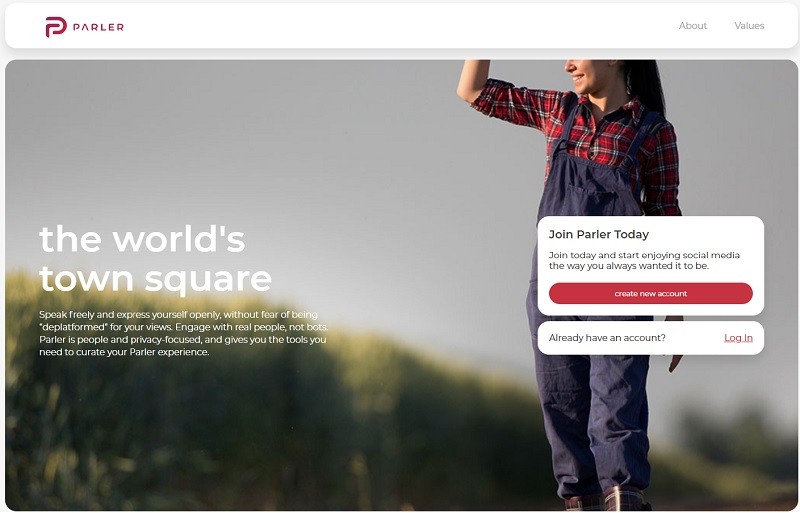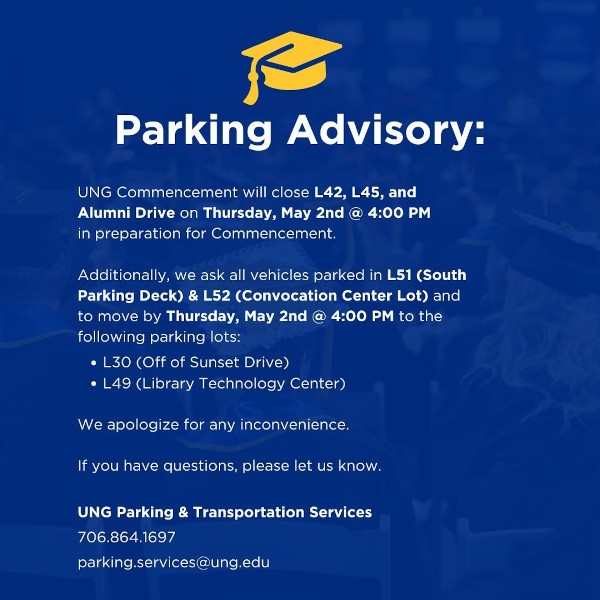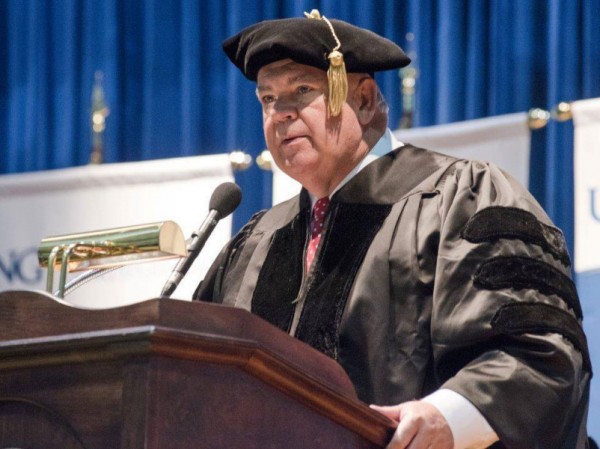As more and more Americans get their news online, concerns of censorship by big tech companies like Facebook, Twitter, Google and YouTube are on the rise.
Douglas Young, a political science professor at the University of North Georgia - Gainesville, said the issue of censorship firstly boils down to public versus private.
"Traditionally, we have said that only the government can censor, or more precisely, only the government can violate the First Amendment's free speech and free press clauses," Young said. "But private property amenities are not covered by the First Amendment. The First Amendment, like the rest of the Bill of Rights, is only a set of restrictions on what the government can do."
While Facebook, for instance, is a publicly traded company, that doesn't make it a public entity. It is still considered a private entity by the Constitution's standards, Young said. However, it does hold a special title: open platform.
"Several years back, Congress made a deal with the big tech giants, like Google, YouTube, Twitter, Facebook, and here was the agreement: the law says that these big tech information media giants, these social media giants, they can avoid any libel lawsuits, they can be free from ever being sued for libel, provided that are open platforms," said Young. "That they do not censor anybody. If they're open platforms, they let everybody, conservative, moderate, liberal, far right people, far left people, everybody across the political spectrum can freely post on their websites."
So legally, can a site like Facebook censor political information? Young said, no, at least, they aren't supposed to.
"If the big search engines online are censoring conservative news sources, or if they were censoring liberal or any other kind of news sources, but yet they are officially, legally, open platforms, they're violating the law," said Young.
As the heat rises among Facebook users especially following Election Day and all the prior campaigning, many users are opting to new social media platforms, like Parler or MeWe.
"I'm hopeful that all of this controversy surrounding these platforms will spur conservatives and libertarian's and anybody who doesn't like Twitter and Facebook and Google and YouTube to form some rival Facebook-Twitter-Google-YouTube companies," said Young. "I like to believe that the market will be the best vehicle for solutions to these problems, without having to involve the government."
Young said to keep in mind that the term "hate speech" is also subjective, though many social media sites now allow for users to report "hate speech" shown on their feeds.
While social media sites are considered private entities by the Constitution, they are also operating as open platforms instead of as publishers, so they are not subject to libel lawsuits. However, open platforms are not supposed to censor content - "no matter how hateful or ugly," Young said.
Listen to Young's full interview by clicking the play button above.















